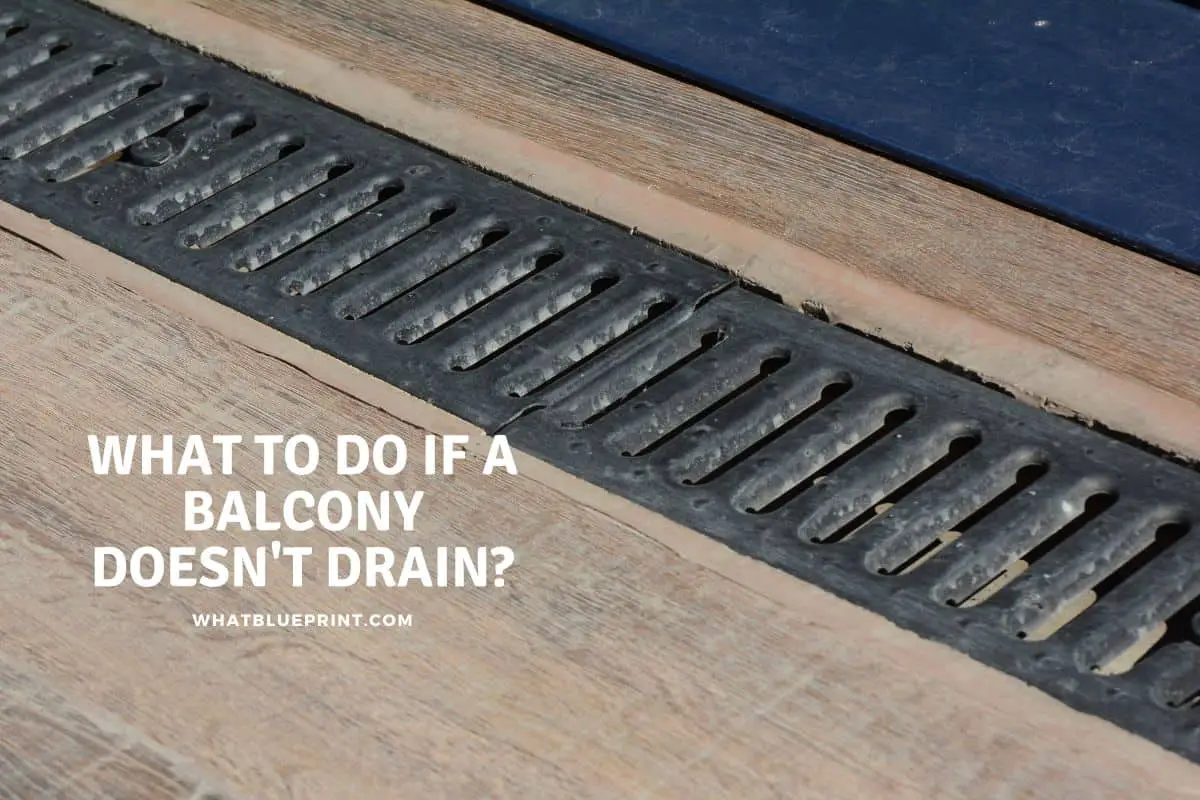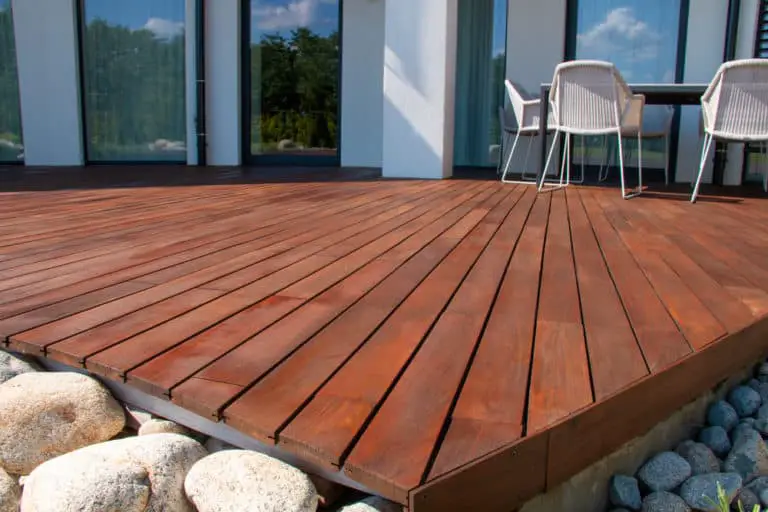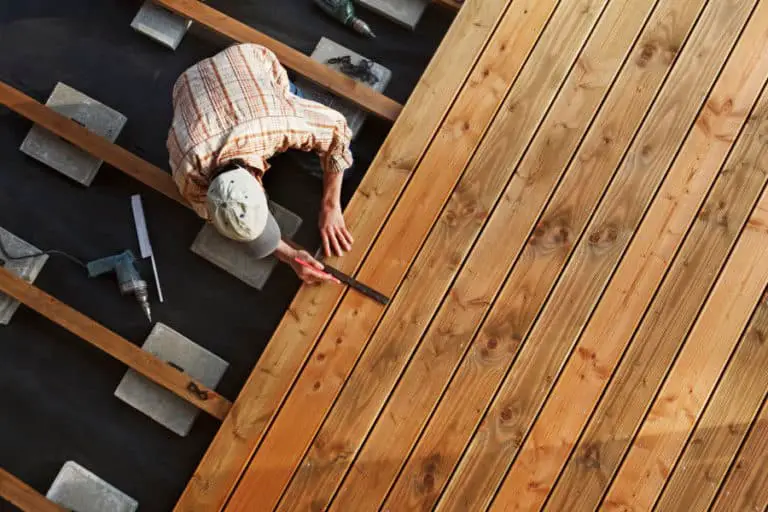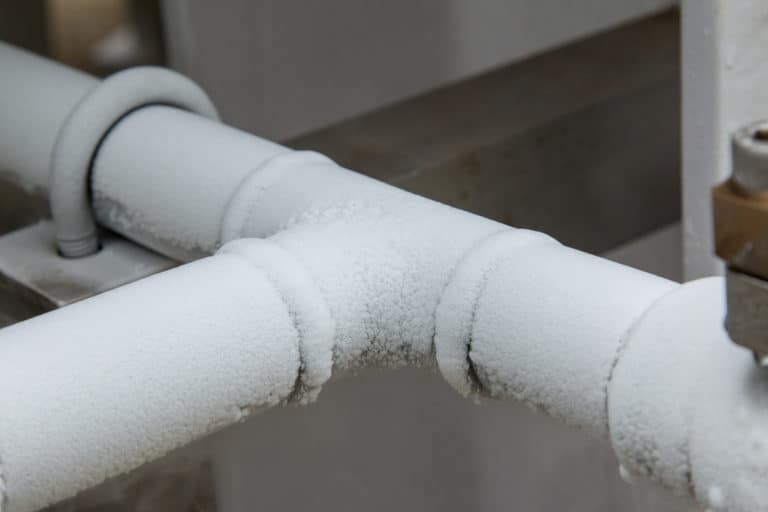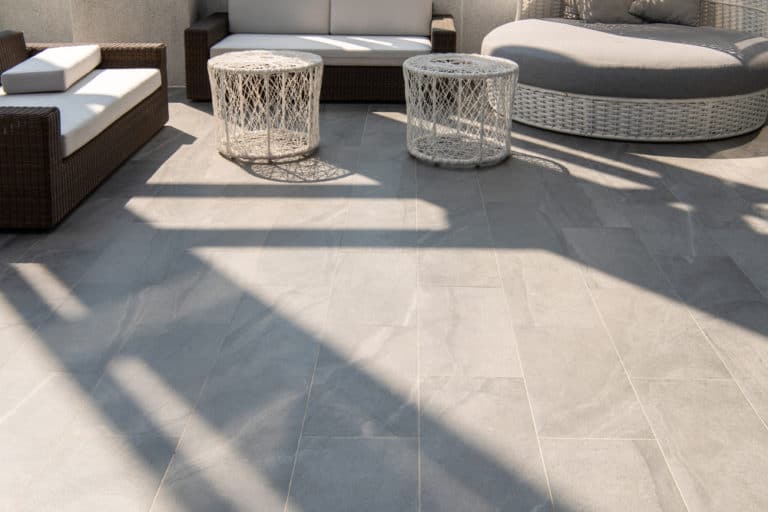What To Do If A Balcony Doesn’t Drain?
City living goes hand in hand with small apartments with balconies offering occupants some fresh air and a view. Some city slickers even turn their balcony into a gardening wonderworld, but a balcony can also become a trap for water when the balcony doesn’t drain. I had a drain problem recently, and I will share what I learned.
A balcony doesn’t drain because of the wrong slope, a blockage in the drain, poor drain construction, or when you use a balcony for gardening and the water has nowhere to go. You can fix and prevent drainage problems with regular maintenance, clever construction, and regular cleaning.
Many researchers have found that it is common for balconies to have drainage problems, especially in older buildings. However, there are remedies and preventative actions that you can use to help with a balcony that doesn’t drain. Read on for more on these remedies and preventive measures.
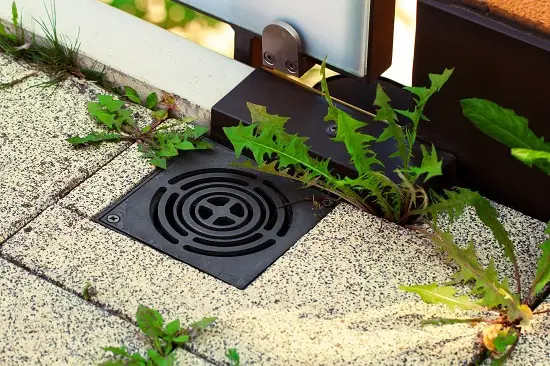
Reasons Balcony Doesn’t Drain
There can be many reasons your balcony doesn’t drain water. The most logical one is that it does not have a drainage system. So to ensure you have better drainage, you must install a drainage system. The other reasons are:
- When you don’t have an adequate slope on the balcony.
- When the drainage system is blocked up.
- When contractors constructed the drainage system poorly.
- When water the balcony collects water because of a balcony garden.
When water accumulates on a balcony and has nowhere to go, it could damage property by causing cracks, mold, and gaps in the flooring. In addition, if you do not get it repaired, chunks of the balcony floor could begin to break away.
Water stains become more complicated to remove the longer the water remains on the surface, so it is essential to discuss the above-mentioned reasons in more detail.
The Slope Of A Balcony Can Cause Drainage Issues
The slope of a balcony should be sufficient to allow water and other fluids to drain and dry up within 48 hours. For example, a slope of 2 percent is enough to ensure that water can dissipate successfully within the 48-hour window.
Some architects, though, require only a 1% slope, which is one of the reasons that some contractors will pour balconies with a slope that is insufficient to drain correctly. When the angle is less than 2%, it causes water to puddle up and not drain.
The ACI mandates require contractors to measure the slope of concrete balconies within 72 hours after the workers have poured the concrete to ensure that they poured it at a sufficient slope. These ACI mandates have prevented a lot of disputes.
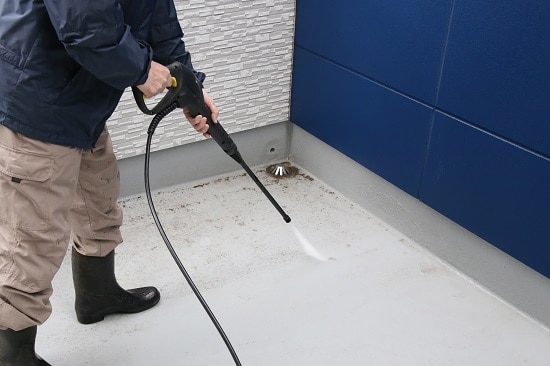
A Blocked Drain On A Balcony Can Cause Drainage Issues
If you notice standing water in areas of the balcony close to the drainage points, it could mean that the drainage system is blocked up. Also, trees that shed leaves onto a balcony can become problematic and cause the drains to block up.
Leaves are not the only debris that causes drains to block; the accumulation of dust, hair and any small items can cause a blockage in the drainage system.
Poor Drainage Construction On Balcony Can Cause Drain Issues
All people have bad days, and this includes workers like plumbers. If you see that your balcony drain system is acting up, it may be because the plumber did not install the drain correctly. Poor construction on drainage systems has the potential to lead to drains blocking.
Pipes with a lot of kinks that are too narrow or have unsuitable slopes will not be effective for proper drainage. Drain grids and covers also play an essential role in how a drainage system performs. If a plumber forgets to install critical components on the drainage system, the balcony will not drain as well as it should.
A Balcony Garden Can Cause Drainage Issues
People love gardens, and just because they stay in an apartment doesn’t mean they don’t want a piece of nature all to themselves. Plants need water; if the balcony doesn’t have a proper drainage system, then the added water and soil will accumulate and not drain properly.
Plant material and potting soil can also block the drainage system on a balcony. However, there are many ways to fix drainage issues and prevent them in the future, and we will discuss them next.
Standing water is also a breeding ground for mosquitoes and midges which as we are all aware are a constant annoyance.
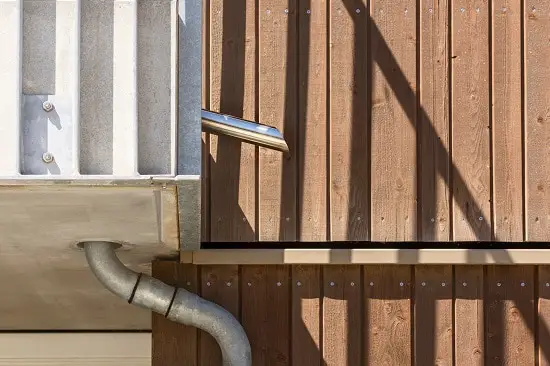
Fixing A Balcony That Doesn’t Drain/ Preventing Drain Issues
If you clean and maintain your drainage system on the balcony regularly, then the chances are that the balcony will drain as it should. Here are some tips on fixing and preventing drain issues on a balcony:
- The first thing to do is to ensure that you have an adequate slope on your balcony. Then, you can make the balcony wet to see where the water is accumulating. In most cases, the angle will be enough to allow the water to balcony’s edge.
- Pick up leaves and small items that can land in your drainage, preventing possible blockages. Clean up the grids and covers on your drainage systems every week.
- If you are considering installing a new drainage system on your balcony, you have to use qualified tradespeople with good references. Poor installation will cost you more to fix in the long run when you must replace the balcony due to poor workmanship.
- Plants that thrive without water work well on a balcony as they do not require watering as often. Putting plates under pot plants will also catch excess water, and drainage issues will not be a problem.
- You can even use pull-down tarps on the balcony to keep it dry when it rains. The tarps work like a window blind you pull down when you need to keep the balcony dry.
Conclusion
A drainage problem on a balcony can cause a homeowner or tenant headaches, especially in times of downpours. The reasons a balcony doesn’t drain can range from simple, like a blockage, to more complicated, like poor construction. There are numerous pointers that you can follow that can help with drainage issues.

